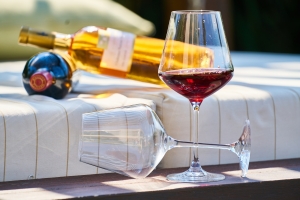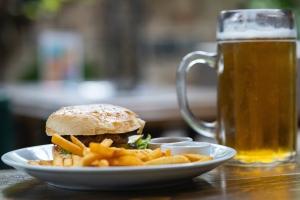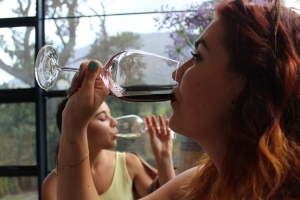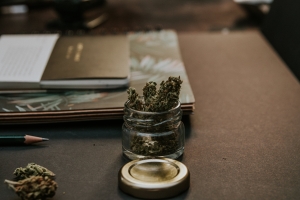What is the influence of alcohol on sex?
Junho 30, 2023Alcohol abuse can interfere with sexual activity in both men and women
Most Brazilians do not know what “moderate drinking” means
Outubro 27, 2023Research shows that 75% of abusive alcohol consumers in Brazil believe they drink moderately.
Alcohol and diabetes
Abril 11, 2024Learn about the effects of alcohol on the risk of developing diabetes, as well as on those who already have the disease.
A study published in the JAMA Network Open showed that daily alcohol consumption, even in small doses, does not protect against the risk of all-cause mortality.
What are the risks of mixing alcohol and marijuana?
Outubro 27, 2023Marijuana is the most commonly used illicit psychoactive substance among those who consume alcohol.
Can alcohol use affect a woman's ability to remember what occurred during a sexual encounter?
Outubro 27, 2023Study reveals that alcohol consumption during a sexual encounter does not affect women's memory.
Among Brazilian motorcyclists, a study showed that only 10% of hospitalizations due to traffic accidents resulted in the patient being discharged without any harm or disability. Know more about the impacts of alcohol consumption in this text!
Chronic illnesses, psychiatric disorders and alcoholism: how can White January contribute to your health?
Abril 03, 2024White January: Brazilian campaign that aims to raise awareness about mental and emotional health care. Find out more about the campaign and its importance.
Problems with alcohol: when to get help?
Janeiro 12, 2024Alcoholism is a public health problem, which brings harm to the individual, family members and society. See what signs indicate it's time to seek help.










